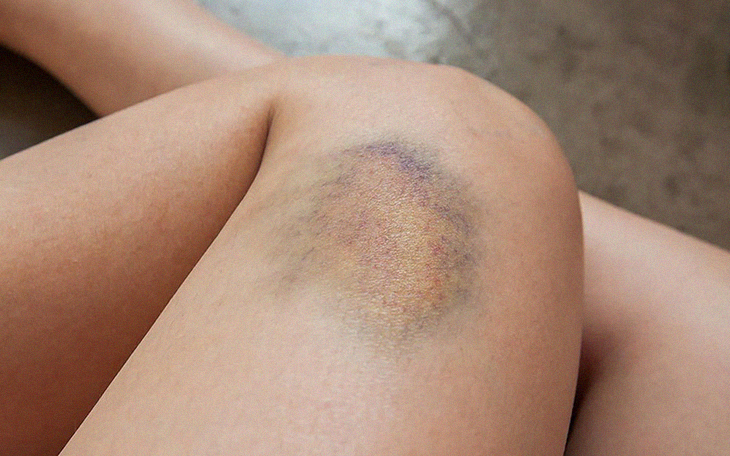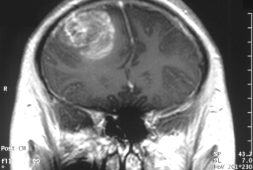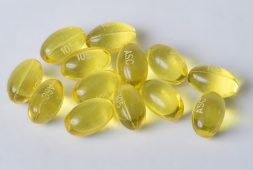
Many of us have experienced bruises throughout our lives. While it is a common thing, sometimes it could be a sign of something more serious. Bruises occur when blood gets trapped under the skin, normally due to an impact which damages a tiny blood vessel. Any sudden intense pressure on the skin, like a blow or a fall, can cause a bruise. Minor bruises take a few days to heal, while severe bruises can take weeks to months to heal.
Yet, some people bruise more easily than others. And at times, some people don’t remember the original cause of the bruise. While bruising does not necessarily mean a person has a medical condition, bruising more often may justify a visit to your doctor. You may just have a condition which increases bleeding and makes you bruise more often.
As a person ages, they tend to bruise more easily because the skin thins and blood vessels become weaker. Bruising can also be hereditary, some families have a history of bruising more easily. It may be difficult to compare how often a person bruises compared to another, or whether they have more bruises than usual. It at times depends on the circumstances, but there are signs that a person bruises more easily than most other people. These include:
Having several bruises and not remembering how they came about
Large and painful bruises in response to minor injuries
Frequent bruises that take a long time to heal
Prolonged bleeding for over 10 minutes after an injury
Medical conditions and lifestyle issues
There are several medical conditions and lifestyle effects that can cause a person to bruise more easily:
Bleeding disorders. There are quite a number of genetic conditions that can cause a person’s blood to clot slowly or not at all. The most universal bleeding disorder is Von Willebrand disease, which affects about 1% of the population. A person with this disease has defective or nonexistent Willebrand protein, which is essential for blood clotting. This can be treated with synthetic hormone treatment.
Another disorder, Hemophilia, has missing or defective hemophilia A or hemophilia B – proteins important for blood clotting. Synthetic versions of these clotting factors can help treat the disorder and reduce the risk of serious bleeding, as well as severe bruising.
It is important to note that genetic bleeding disorders don’t appear suddenly, they are present from birth. It is important to treat the bruising as soon as they appear to avoid excess bleeding or life-threatening hemorrhages.
Vasculitis. This refers to a group of conditions that cause inflamed blood vessels. Aside from increased bleeding and bruising, the individual can experience shortness of breath, ulcers, purple spots on the skin, numbness of the limbs, and skin lumps. Treatment depends on the severity of the vasculitis and the area affected – medications like steroids may help.
Liver disease and alcohol abuse. It is widely known that alcohol abuse is a key risk factor for liver disease such as cirrhosis. As the liver disease progresses, the liver may cease producing proteins essential for blood clotting. This may result not only in easy bruising or excessive bleeding, but the person may also feel very exhausted or sick, have swollen limbs, yellowish eyes or skin, and dark urine. If diagnosed early, liver disease is treatable. Drinkers should stop when symptoms of liver disease are noticed, and consult their doctors immediately. Medications and lifestyle changes will help.
Senile purpura. This usually affects older people, and around 10% of those over 50 years old. Purplish-red bruise-like lesions are usually noticed in the arms and hands. Most of the time, they are larger and last longer. At times, even after the lesion heals, the skin remains discolored with a brownish hue. People with senile purpura must always protect their skin from injury, even from the sun. While there is no cure, doctors may recommend lifestyle changes to lessen the frequency and severity of the lesions.
Vitamin deficiencies. Some vitamins heal the body and assist in blood clotting. Vitamin C deficiency can cause a condition called scurvy. This can cause bleeding gums, wounds that do not heal, and definitely easy bruising. Vitamin K helps the body form clots to address bleeding. Newborns normally have low levels of vitamin K, and need a vitamin K injection at birth to avoid bruising easily or excessive bleeding. Vitamin deficiencies are reasonably easy to correct, however a doctor must diagnose the deficiencies with a blood test to recommend the correct vitamin supplement. Should the supplements fail to address the problem, the person may have other metabolic or gastrointestinal disorders that prevent the body from absorbing nutrients.
Medications. There are certain medications that thin the blood, which may cause a person to bleed and bruise more easily. The most common would be aspirin, and others like heparin, warfarin, apixaban, dabigatran, and rivaroxaban. Still other medications may weaken blood vessels and worsen inflammation. This may include corticosteroids and glucocorticoids; certain antidepressants such as Prozac and Celexa; and some herbal remedies like ginseng, ginkgo biloba, large quantities of ginger, garlic, willow bark, and saw palmetto. Always consult your doctor when excessive bruising occurs.
Cancer. Rarely, frequent bleeding and bruising may be a sign of cancer. Cancers like leukemia, which affect the blood and bone marrow, may cause bruising, and at times, bleeding gums. With early diagnosis, most cancers are treatable. However, delays in consulting the doctor may hinder your path to wellness.
While some people bruise more easily than others, if the bruise does not heal on its own normally, it is time to see the doctor. Note that large and painful bruises are a medical emergency. So it is important to seek medical help as soon as possible. It could be worse than what you think it is.



